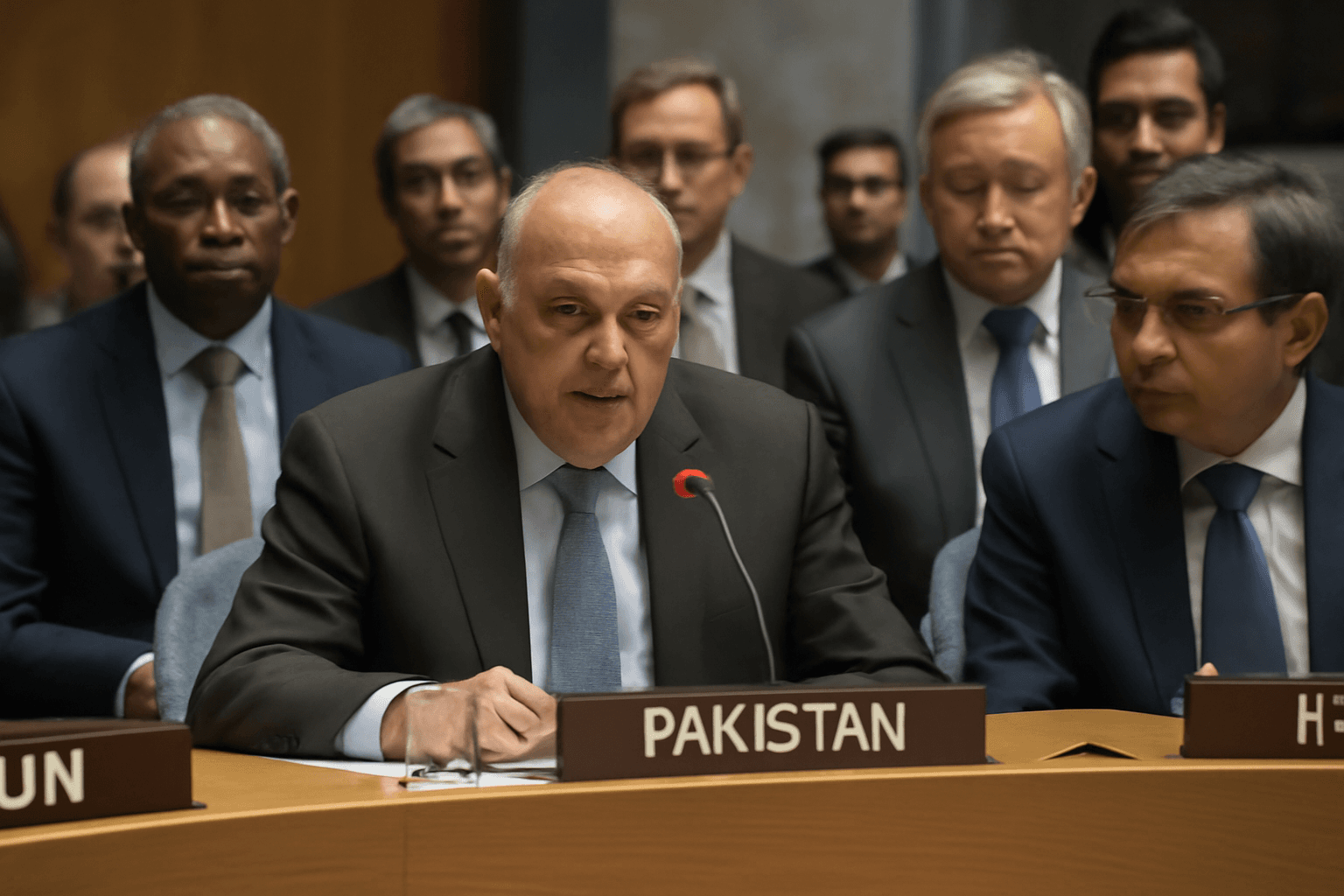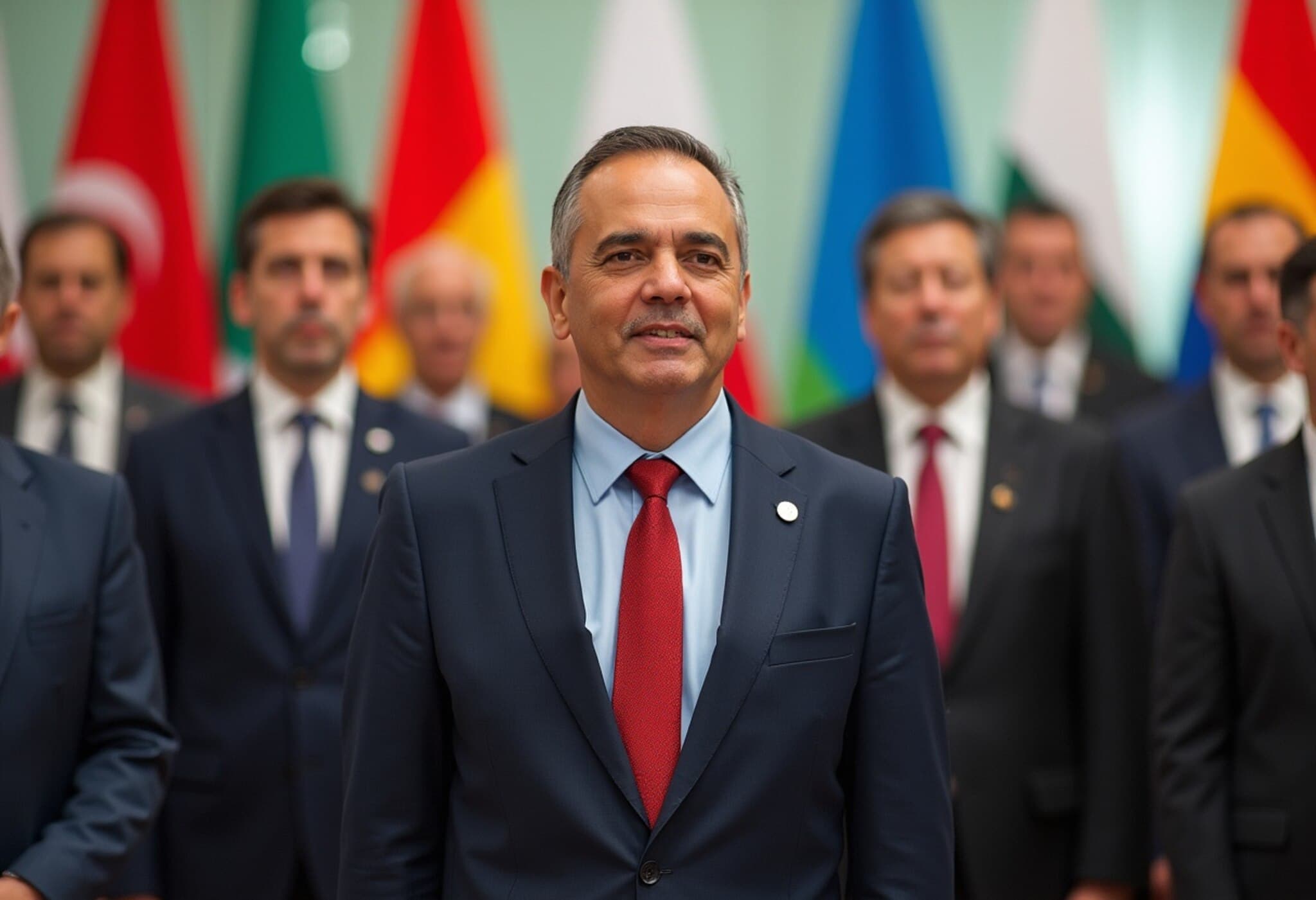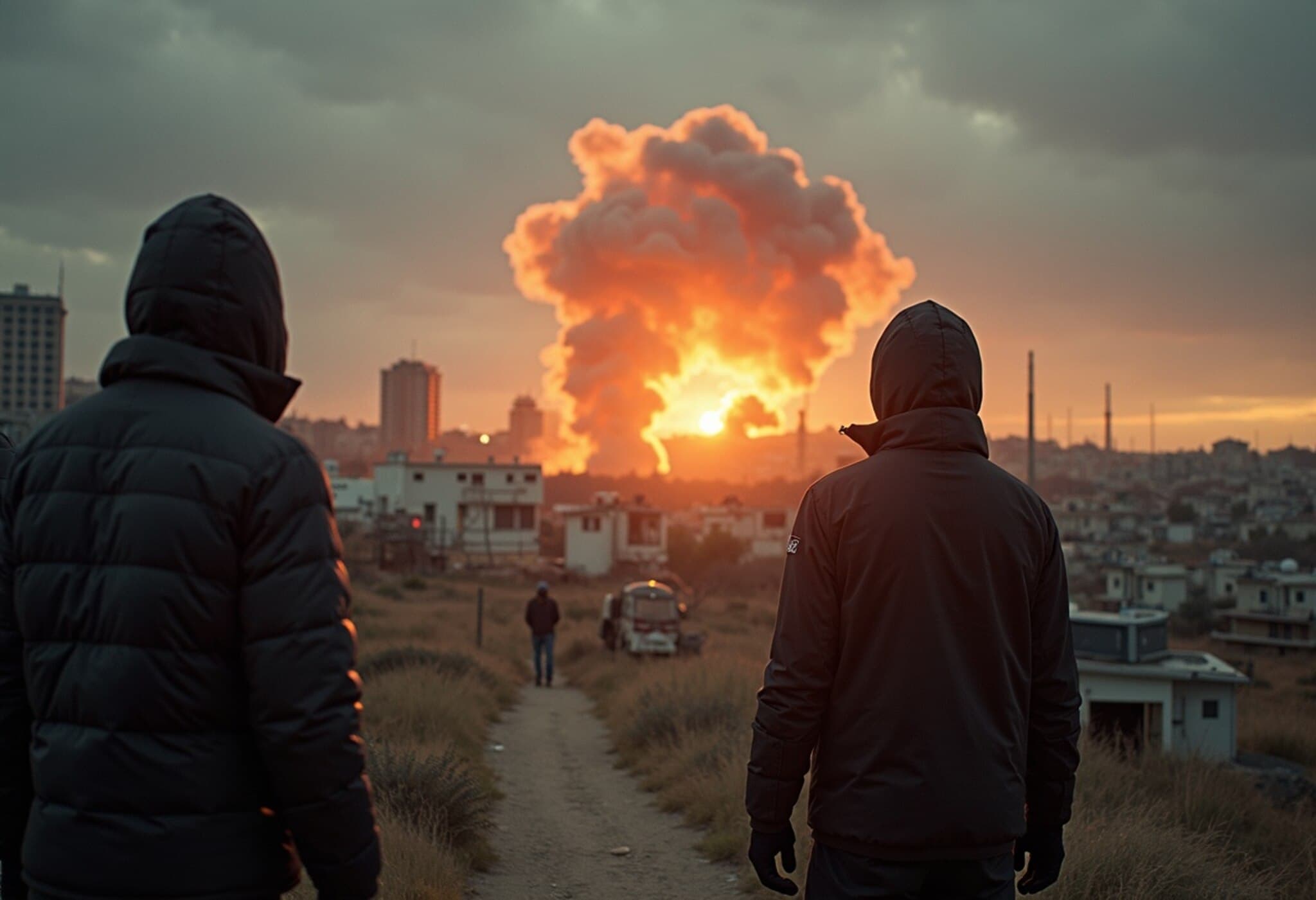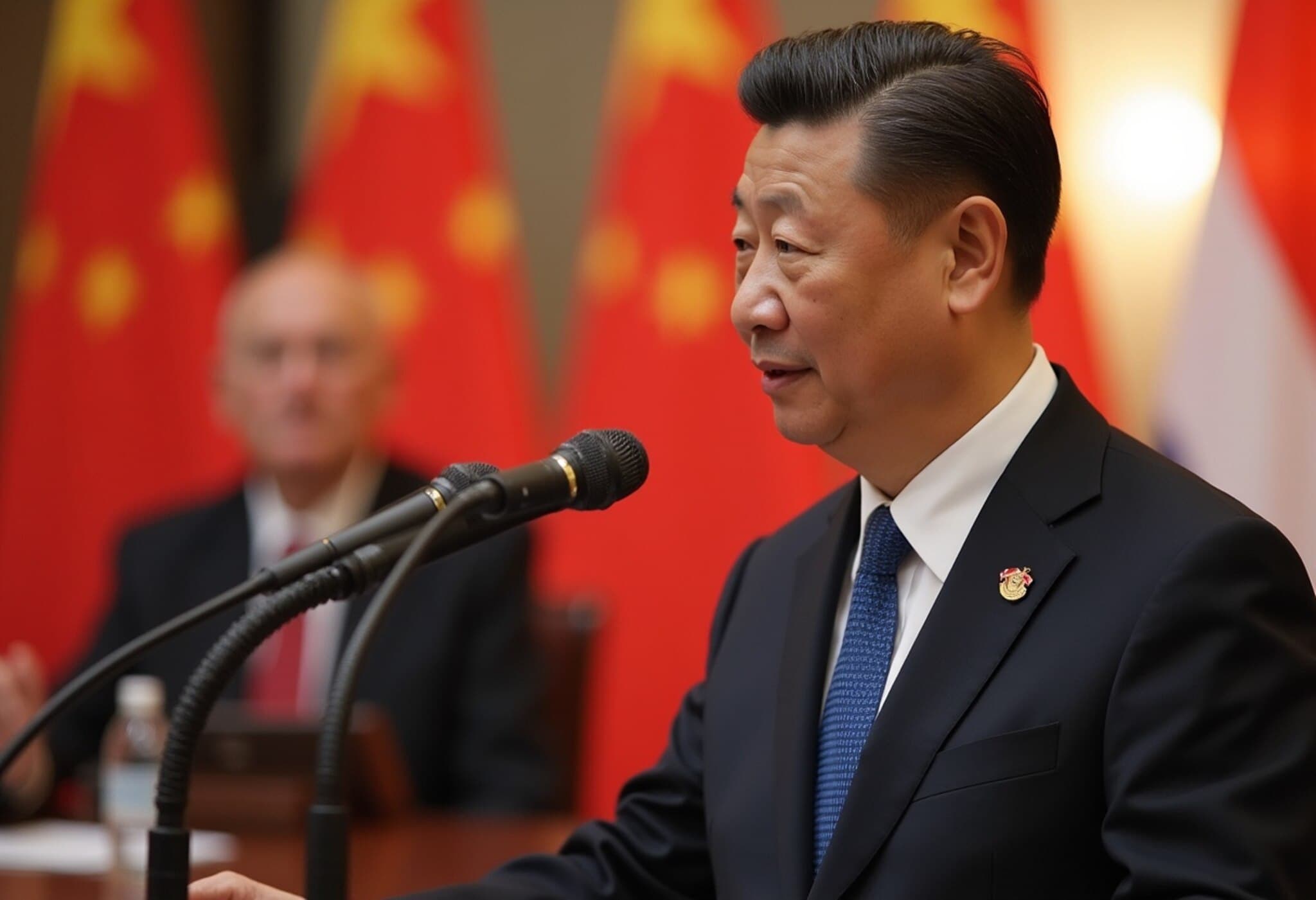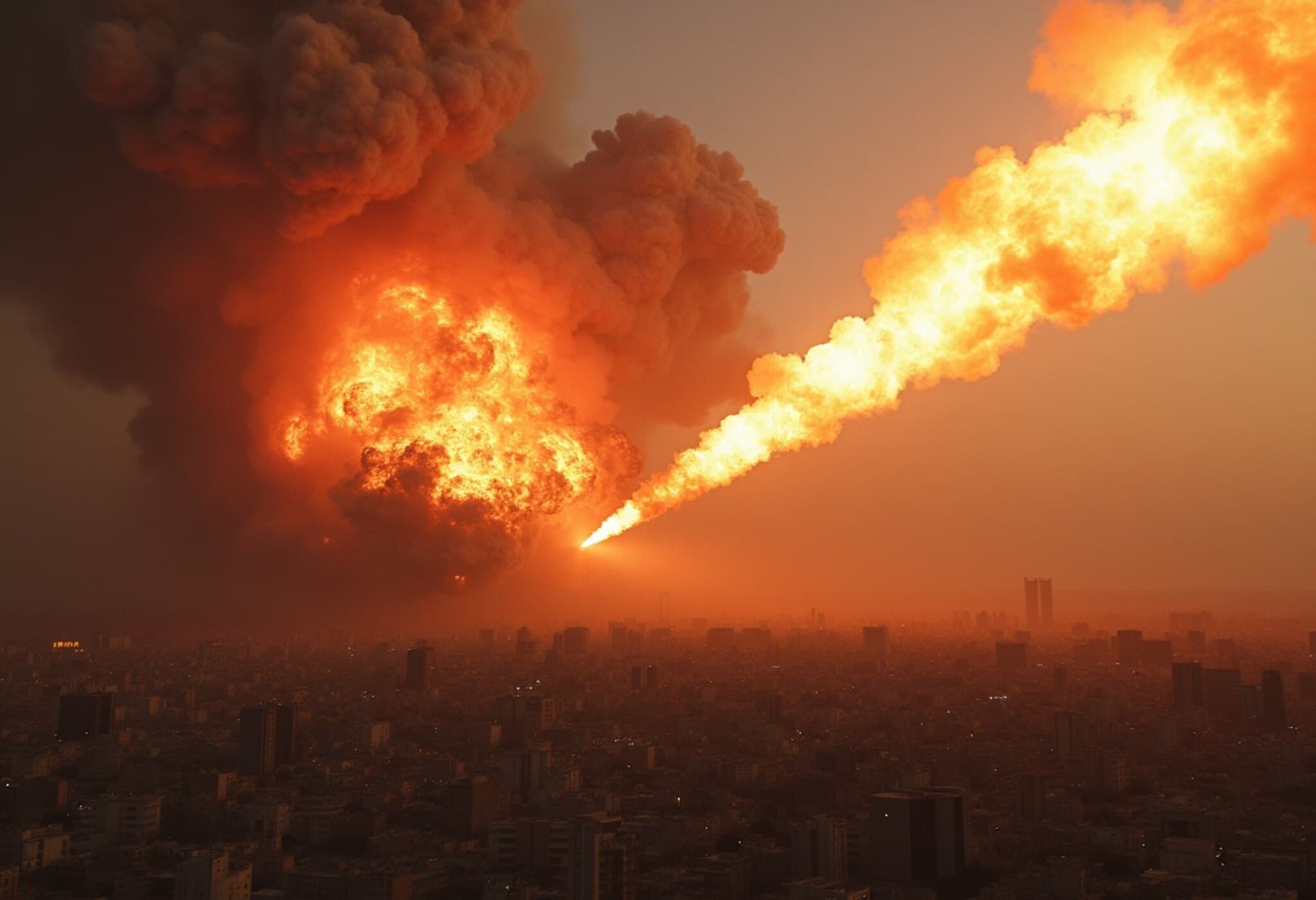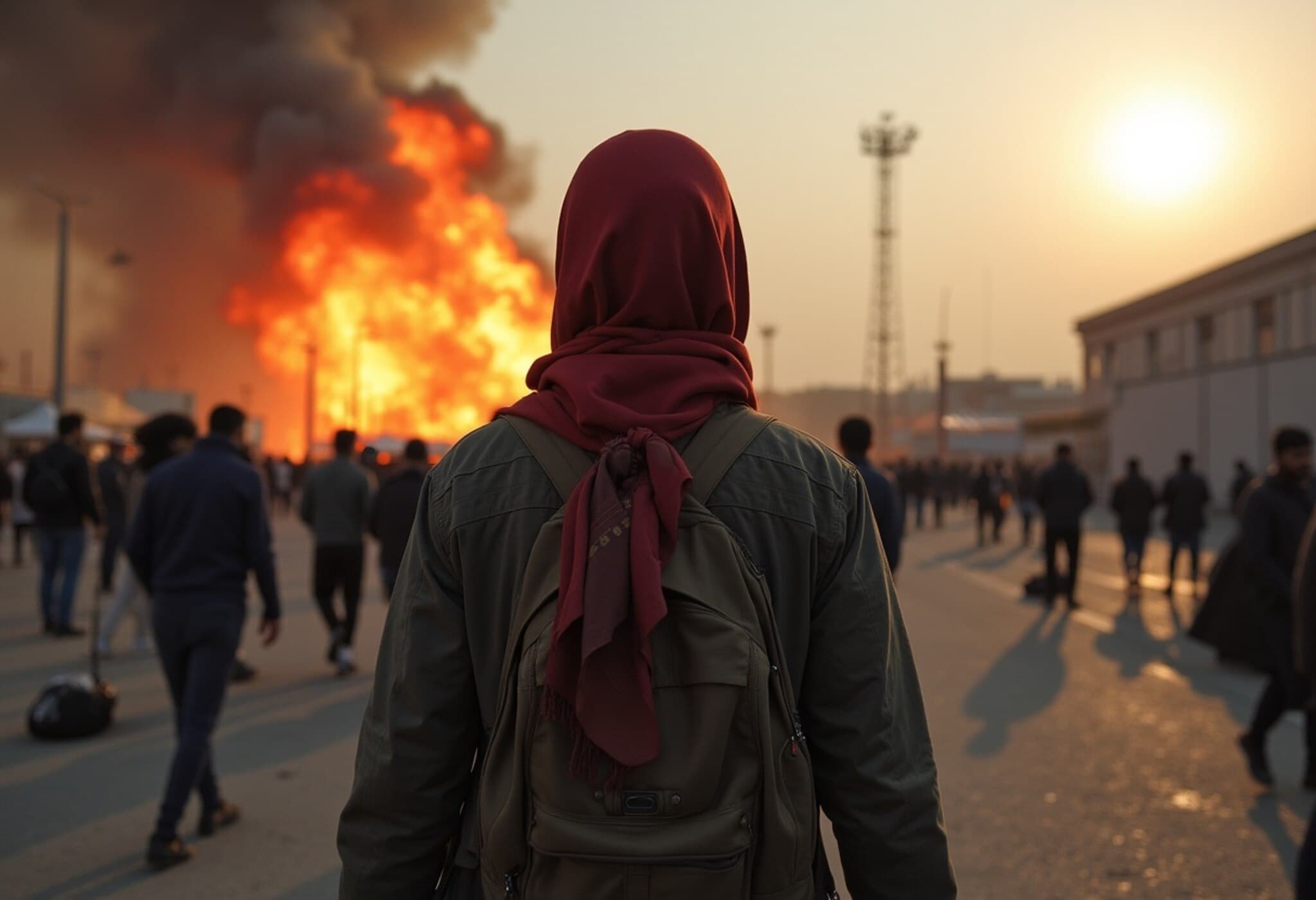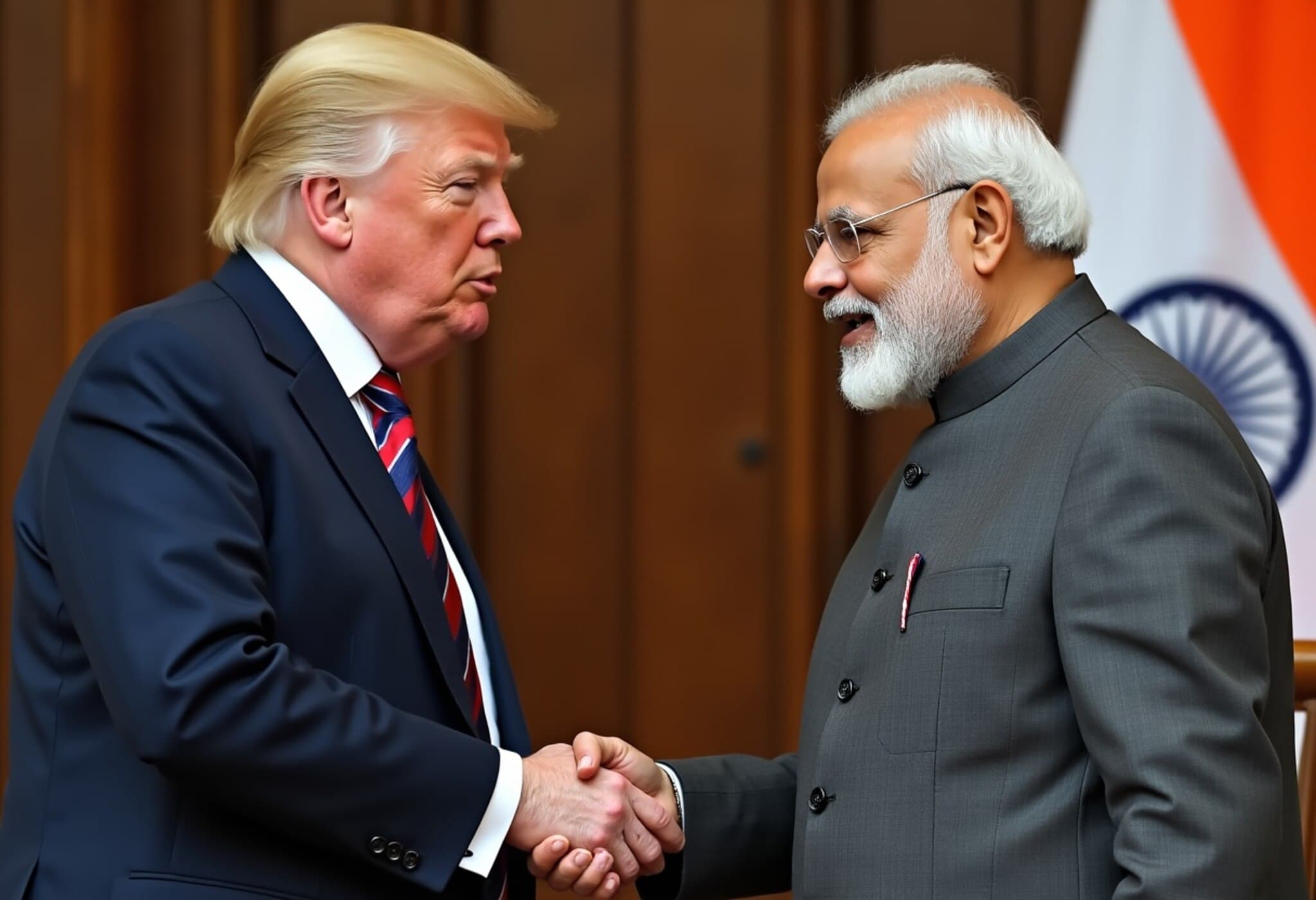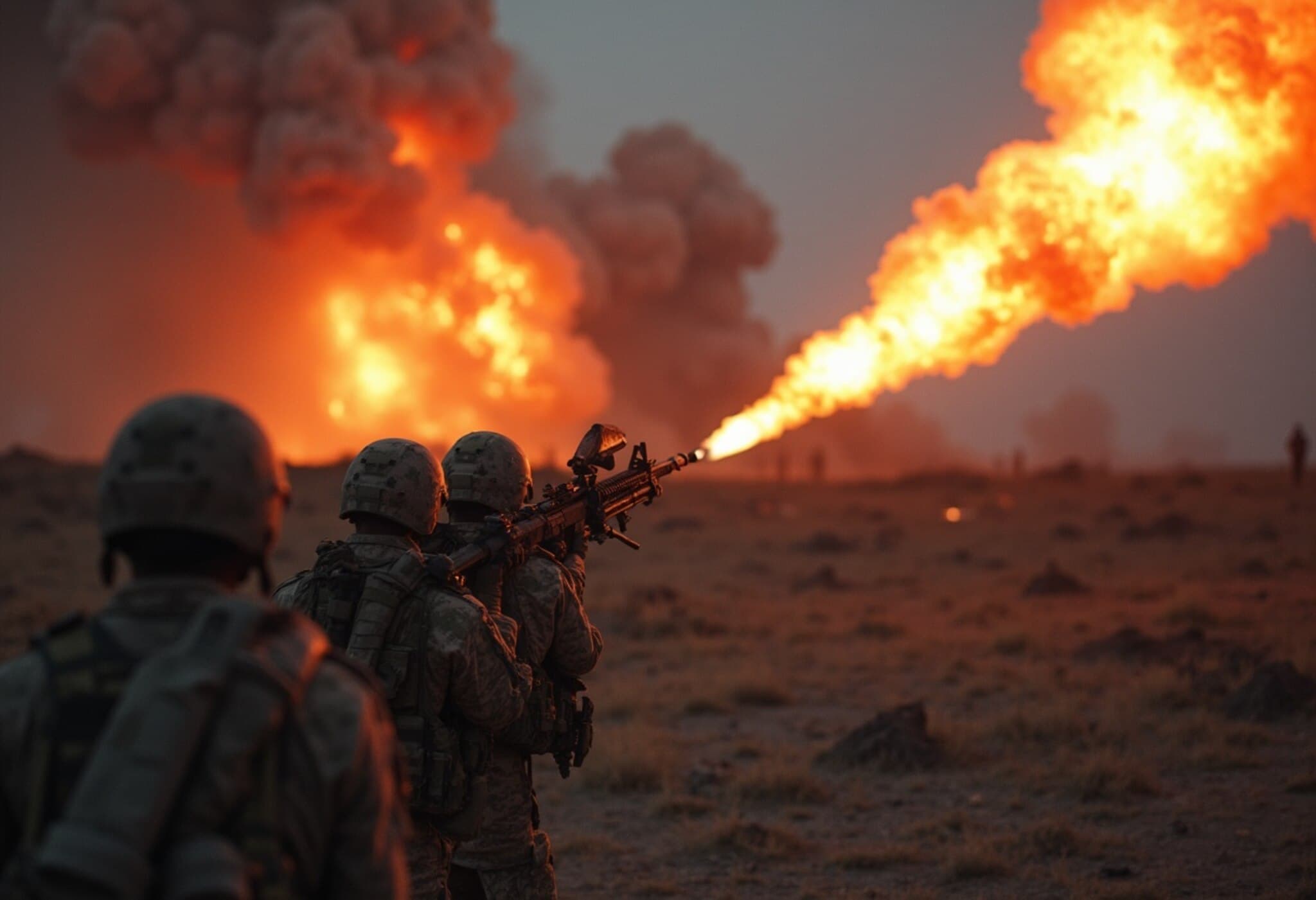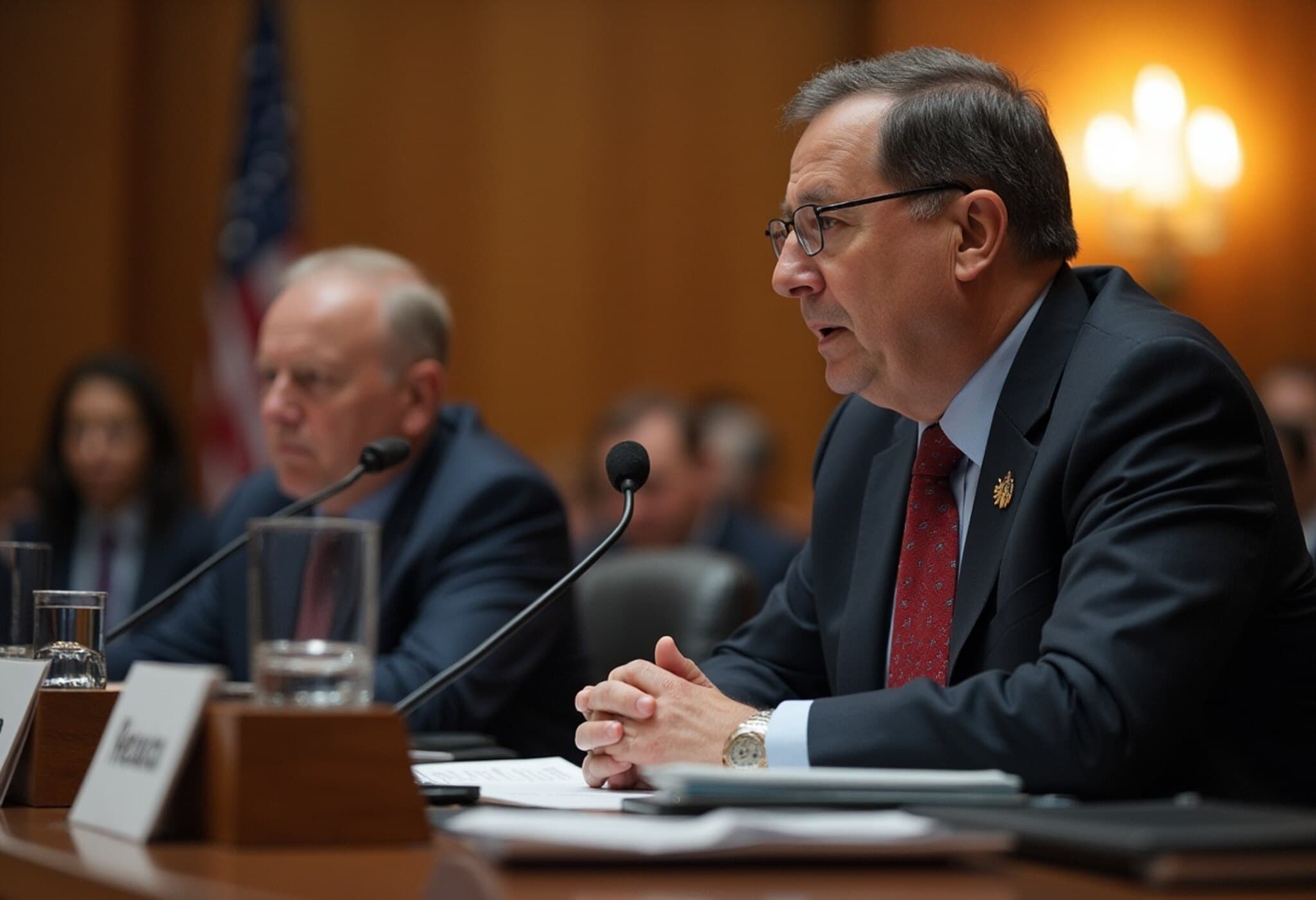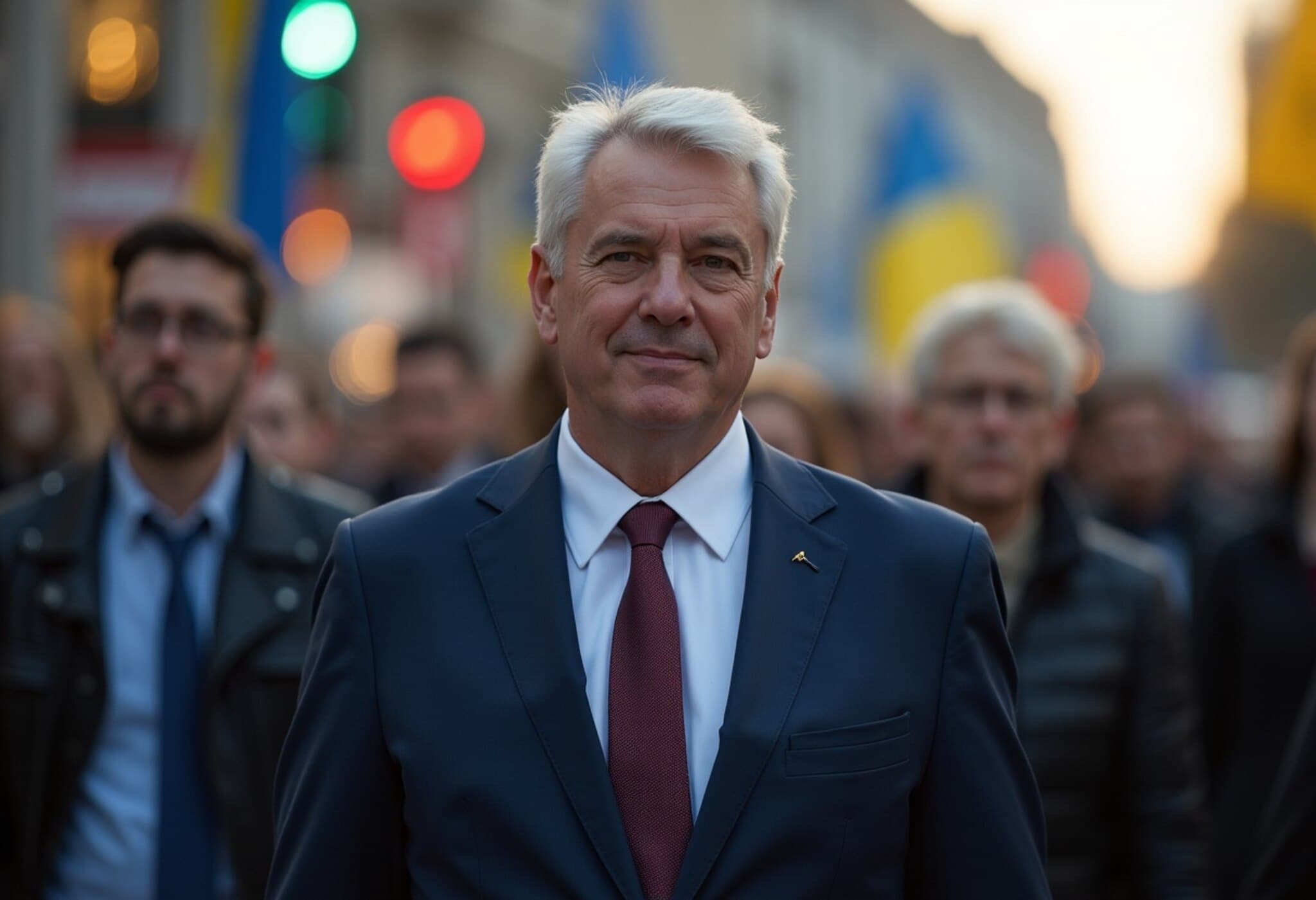UN Security Council Champions Peaceful Dispute Resolution During Pakistan’s Chair
As the world grapples with ongoing conflicts and security threats, the United Nations Security Council (UNSC) adopted a pivotal resolution emphasizing the essential role of peaceful mechanisms in resolving international disputes. The resolution, passed under the chairmanship of Pakistan for July 2025, calls on member states to fully utilize Article 33 of the UN Charter — which promotes negotiation, enquiry, and mediation — as the first step towards de-escalation and lasting peace.
"Peace Is a Choice," UN Chief Declares Amid Growing Global Tensions
UN Secretary-General António Guterres, speaking during a high-level debate on international peace, underscored the moral imperative of the Security Council to guide nations towards peaceful solutions. “Peace is a choice, and the world expects this body to help countries make that choice,” he remarked, highlighting the urgency for collaborative diplomacy as conflicts continue to unravel in various regions.
Highlighting Terrorism as a Persistent Threat
Notably, the resolution addresses terrorism as one of the world's most intractable threats, referring to it as a "persistent scourge." This acknowledgment comes during Pakistan's tenure as the council’s chair, with Deputy Prime Minister and Foreign Minister Ishaq Dar presiding over the meetings. Pakistan’s leadership in this role places the country at the forefront of the global dialogue on peace and security at a time when terrorism and regional disputes remain complex challenges.
Strengthening Regional Cooperation for Peaceful Settlement
The UNSC resolution stresses enhancing cooperation between the United Nations and various regional and subregional organizations, acknowledging that many conflicts require localized approaches supported by international frameworks. By strengthening these partnerships, the council seeks to create more effective pathways for mediation and conflict prevention.
Pakistan’s Diplomatic Push on Kashmir Issues During UNSC Session
During the debate, Foreign Minister Ishaq Dar highlighted Kashmir as an "internationally recognized disputed territory." He criticized India’s recent decision to suspend the Indus Waters Treaty, labelling it "regrettable and unjustified," and urged the UNSC to address the Kashmir conflict based on relevant Security Council resolutions.
Dar emphasized the importance of multilateralism rooted in the ideals of the 1945 San Francisco Conference, where the UN Charter was crafted in the wake of global conflict. “Multilateralism is not merely a diplomatic convenience; it is the need of the hour,” he stated, reiterating Pakistan’s call for a renewed commitment to international peace and cooperation.
India Responds Firmly to Pakistan’s Statements
India’s Ambassador to the UN, T.S. Tirumurti, swiftly rebutted Pakistan’s assertions during the session. Emphasizing India’s democratic credentials, burgeoning economy, and pluralistic society, he contrasted these qualities against Pakistan’s struggles with extremism and reliance on international financial support.
Ambassador Tirumurti criticized Pakistan for preaching peace at the UNSC while allegedly engaging in activities that undermine regional stability. “It ill-behoves a council member to offer homilies while indulging in practices unacceptable to the international community,” he remarked, implicitly calling for Pakistan to address concerns over its support for militant groups.
Expert Insight: The Importance of Impartiality in UNSC Leadership
The unique backdrop of Pakistan chairing the UNSC while terrorism remains a central theme raises complex questions. Experts note that a rotating UNSC presidency can be both an opportunity and challenge. It offers a platform for constructive dialogue but can also amplify geopolitical tensions if member states leverage their leadership to forward national agendas — especially on sensitive issues like Kashmir.
From a US policy perspective, sustained focus on peaceful dispute resolution aligns with long-standing American interests in global stability, counterterrorism, and upholding international law. The UNSC’s call for multilateralism resonates in Washington as a framework to engage with both allies and adversaries diplomatically.
What Lies Ahead for International Peace Efforts?
- Will the UNSC's emphasis on Article 33 mechanisms inspire tangible conflict de-escalation worldwide?
- Can Pakistan utilize its UNSC presidency to facilitate meaningful dialogue despite regional frictions?
- How might India-Pakistan dynamics evolve in response to these renewed calls for peaceful negotiation?
These pressing questions merit close observation as the global community navigates an era defined by both cooperation and contention.
Editor's Note
The Security Council's reaffirmation that "peace is a choice" serves as a timely reminder of the diplomatic tools at our disposal amidst persistent global conflicts. Pakistan's current UNSC chairmanship spotlights the complex interplay between national interests and international responsibilities. As regional disputes and terrorism continue to challenge international peace, the UN’s emphasis on multilateral dialogue and effective use of Article 33 could shape the trajectory of conflict resolution – if member states prioritize collaboration over confrontation.

